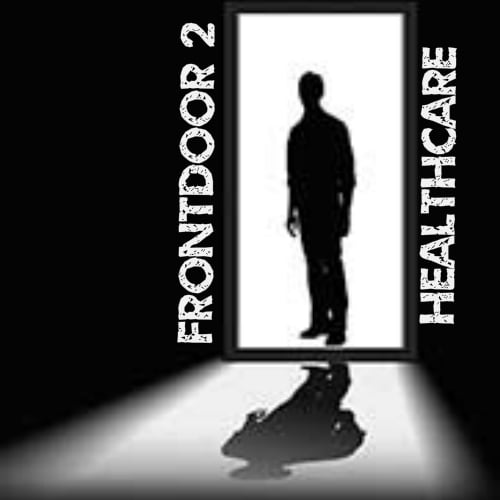Defined as someone “having the faculties impaired by alcohol” (or a more practical version: “When you have to hold onto the grass to keep from falling off the earth“), those of us who work in an acute healthcare facility are witness to many illustrious examples of drunk patients coming through our doors.
Underaged kids passed out at a house party? Yup. Raging alcoholics who are brought into the ER at least once a week? Sure. Elderly women who secretly binges on wine at home and falls down the stairs repeatedly? You betcha. What they all have in common is an apparent complete oblivion/ignorance to the source of the problem, and the associated ill effects on themselves.
Sometimes I wonder if the healthcare/political/legal system itself is “drunk”, in its own oblivion and inaction towards the impact alcohol abuse is having on our society.
The average sober Canadian would be shocked to hear of the types of alcohol-related ER visits that come through a hospital’s doors every weekend.
Empirical data supports this theory of absurd and inefficient healthcare dollar usage on alcohol abuse related hospital visits. As reported in the Recommendations for a National Alcohol Strategy published in 2007, “the economic impact of alcohol-related harm in Canada totaled $14.6B, taking into account the costs associated with lost productivity, health care, and enforcement. This amount is slightly less than the estimated cost of tobacco at $17B, but nearly double the cost attributed to illegal drugs at $8.2B”.
Anecdotal evidence reports many unnecessary ER visits where drunk patients simply take up an acute care bed for the night to sober up, eat a free breakfast in the morning and then get discharged. It is estimated that 0.6% of all U.S. ER visits are made by people who have no other problems beside being drunk, translating to over 900 million dollars just for ER visits alone.
For a Canadian flavor, a recent study pegs healthcare costs related directly to alcohol abuse as exceeding those of cancer – the researchers estimate roughly an annual cost of $463 per Canadian, easily over $1 billion a year.
In an effort to combat this surprisingly ingrained epidemic, new protocols and methods are being examined to divert unnecessary visits to the ER. For example, researchers in Colorado are working on a simple checklist for prehospital personnel to decide whether patients can go straight to a detox center to sober up, rather than taking up a scarce ER bed. In Cardiff, Wales, they have taken an even more innovative shock-factor approach of videotaping drunken behaviors upon patients’ arrivals and then showing the footage to them once they are sober.
None of these bandage solutions are tackling the underlying problem.
Even though alcohol plays a role in a significantly large chunk of our healthcare resource utilization, it still gets relatively weak attention compared to controlled substances that arguably have a much smaller impact on our overall society (e.g. the recent media frenzy around Health Canada’s approval for a generic version of OxyContin). Alcohol use has become so deeply rooted in North American culture that even admitting it is a societal problem is difficult…but then again, so was smoking.
Maybe it is time that, as a society, we overcome the denial stage and stop turning a blind eye to the tremendous toll of alcohol-related healthcare spending. Only then can we start thinking outside the box to work on sustainable and practical solutions.


